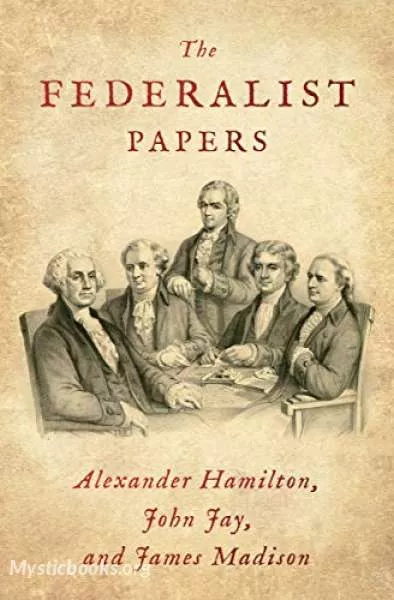
The Federalist Papers
'The Federalist Papers' Summary
The Federal Convention (Constitutional Convention) sent the proposed Constitution to the Confederation Congress, which in turn submitted it to the states for ratification at the end of September 1787. On September 27, 1787, "Cato" first appeared in the New York press criticizing the proposition; "Brutus" followed on October 18, 1787. These and other articles and public letters critical of the new Constitution would eventually become known as the "Anti-Federalist Papers". In response, Alexander Hamilton decided to launch a measured defense and extensive explanation of the proposed Constitution to the people of the state of New York. He wrote in Federalist No. 1 that the series would "endeavor to give a satisfactory answer to all the objections which shall have made their appearance that may seem to have any claim to your attention."
Hamilton recruited collaborators for the project. He enlisted John Jay, who after four strong essays (Federalist Nos. 2, 3, 4, and 5), fell ill and contributed only one more essay, Federalist No. 64, to the series. Jay also distilled his case into a pamphlet in the spring of 1788, An Address to the People of the State of New-York; Hamilton cited it approvingly in Federalist No. 85. James Madison, present in New York as a Virginia delegate to the Confederation Congress, was recruited by Hamilton and Jay and became Hamilton's primary collaborator. Gouverneur Morris and William Duer were also considered. However, Morris turned down the invitation, and Hamilton rejected three essays written by Duer. Duer later wrote in support of the three Federalist authors under the name "Philo-Publius", meaning either "Friend of the People" or "Friend of Hamilton" based on Hamilton's pen name Publius.
Alexander Hamilton chose the pseudonymous name "Publius". While many other pieces representing both sides of the constitutional debate were written under Roman names, historian Albert Furtwangler contends that "'Publius' was a cut above 'Caesar' or 'Brutus' or even 'Cato'. Publius Valerius helped found the ancient republic of Rome. His more famous name, Publicola, meant 'friend of the people'." Hamilton had applied this pseudonym to three letters in 1778, in which he attacked fellow Federalist Samuel Chase and revealed that Chase had taken advantage of knowledge gained in Congress to try to dominate the flour market.
Book Details
Language
EnglishOriginal Language
EnglishPublished In
1788Genre/Category
Tags/Keywords
Authors
Download eBooks
Listen/Download Audiobook
- Select Speed
Related books
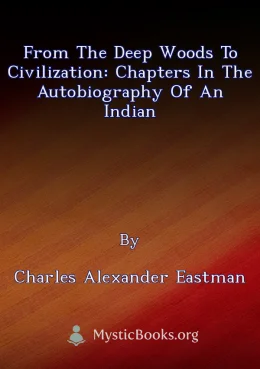
From the Deep Woods to Civilization: Chapters in the Autobiography of an Indian by Charles Alexander Eastman
The book follows the life of Charles Alexander Eastman from his early days in the Sioux tribe to his education and assimilation into white society. It...
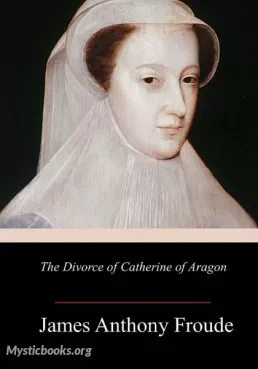
The Divorce of Catherine of Aragon by James Anthony Froude
In the tumultuous era of Tudor England, a mighty king's pursuit of love and power ignited a religious and political storm that shook the foundations o...

Europe and Elsewhere by Mark Twain
'Europe and Elsewhere' offers an intriguing collection of articles and essays penned by the renowned Mark Twain, drawn from his travels and experience...
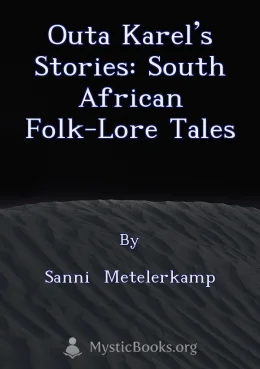
Outa Karel’s Stories: South African Folk-Lore Tales by Sanni Metelerkamp
This collection of South African folk tales, compiled by Sanni Metelerkamp, offers a glimpse into the rich oral tradition of the country's indigenous...
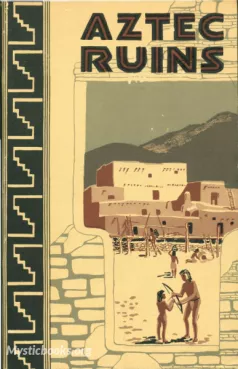
Aztec Ruins National Monument, New Mexico by John M. Corbett
It delves into the history and significance of the Aztec Ruins National Monument. This book provides an insightful look into the past and present of o...

Love Letters of Abelard and Heloise by Pierre Abélard
The 'Love Letters of Abelard and Heloise' offers a poignant glimpse into the passionate and forbidden romance between the renowned philosopher, Peter...

Cambridge Modern History, Volume 01, The Renaissance by Various
The first volume of *The Cambridge Modern History* focuses on the Renaissance, a pivotal period in European history characterized by a renewed interes...
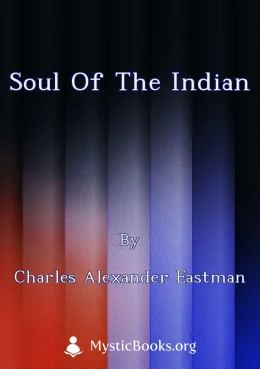
Soul of the Indian by Charles Alexander Eastman
Charles Eastman's 'Soul of the Indian' is a deeply personal and insightful account of his life as a member of the Dakota Sioux tribe. He explores the...
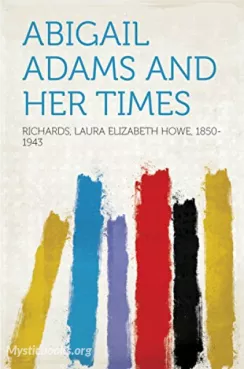
Abigail Adams and Her Times by Laura Richards
In "Abigail Adams and Her Times" by Laura Elizabeth Howe Richards, embark on an enthralling journey through the captivating life of one of America's m...

Historical Newspaper Articles, Volume 2 by Various
Both U.S. and U.K. newspapers are represented here. The articles span from 1848 to 1920. Topics covered (e.g., the Triangle Shirt Waist Factory Fire,...
Reviews for The Federalist Papers
No reviews posted or approved, yet...

